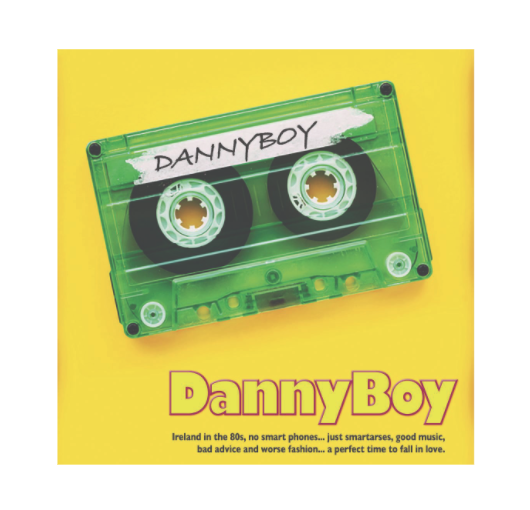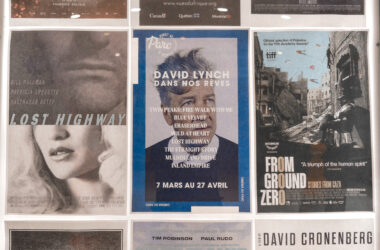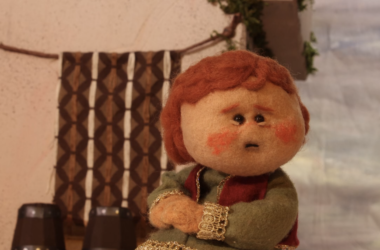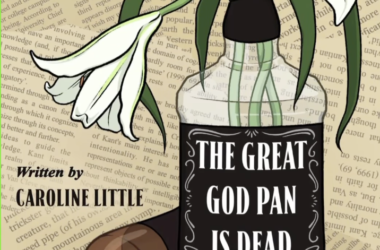Warning: This review contains spoilers.
Every once in a while when the moon is hanging high and my coffee tastes especially bitter, I come across a special kind of movie, one that is so strange that I can’t look away. To say that DannyBoy is an example of this phenomenon would be an understatement of the highest magnitude—akin to claiming that Montreal rarely has construction or that Tinder is great for making friends. DannyBoy is a coming-of-age story that follows 19-year-old Daniel (Darrah Byrne) as he attempts to navigate 1980s Ireland, hoping to find love and maybe even a job to support his family along the way. Released in 2020, Irish filmmaker Ferdia MacAnna’s newest film won the Best Feature Film award at the Birmingham International Film Festival. Despite its commendable efforts, this low-budget story ultimately proves amateurish and mind-boggling.
In order to enjoy this film, you can’t take it too seriously. The film reads like a fever dream. Whether it’s the scene where Daniel paints his face white and performs what I can only assume is a satanic dance to win back a love interest Donna (Lucy Jones), or the moment when Daniel pretends to be a dog in a ploy of seduction—and it works. There is no logical coherence in these scenes whatsoever, but it’s still entertaining.
A certain sense of dissatisfaction permeates the film; each of the characters believes that as long as they attain one thing, one person, or one dream, they’ll finally be happy. But of course, that’s rarely the case. The unique setting is also a major draw, since 1980s Ireland isn’t a typical milieu for modern films. Still, the film falls short of its potential.
To call DannyBoy a perfect storm of abnormalities, or perhaps incompetencies, would be harsh, but true. The wardrobe tries to be ‘80s chic, but often feels bloated and repetitive, much like last-minute Halloween costumes. While the camera jumps from wide angles to close-ups, certain shots lack any sort of rhyme or reason, disorienting the audience in the process. And—not to pour gasoline over a dead horse—the acting was similarly underwhelming. There were a few commendable moments where you could see genuine remorse and regret in a character’s eyes, but they were muddled in a sea of fumbled words and exaggerated expressions. This is best illustrated by heated arguments in the film, which felt almost comedic—the actors yelling their lines at one another while their faces remained frozen.
Despite all its shortcomings, DannyBoy definitely has certain satirical elements. Rather than succumb to its low budget, it creates exaggerated props in a few scenes to look more like arts and crafts projects, presumably to add character. Therefore, the film is clearly aware of some of its technical flaws, and even mocks them, but it is not enough to save its integrity. Self-awareness doesn’t necessarily equate to wit, especially when in so many moments the characters go against themselves, and even reason, to push the plot forward.
Nonetheless, DannyBoy does deserve props for one thing: Potentially the greatest pickup line ever conceived. In one delightful scene, Daniel turns to Donna and seductively asks, “What’s for dessert?” a moment after they had literally eaten dessert, which is beyond the realm of my sanity.
The hilarious yet head-scratching DannyBoy can be found on-demand on Apple TV.









